“A Hymn to God, The Father” is a religious hymn composed by the pioneering poet of the metaphysical school, John Donne. It is an eloquent exposition of the doubts and uncertainties shrouding the old poet’s mind regarding the Divine Providence’s powers of mercy and forgiveness, and of the plausibility of His redemptive grace. Although he calls upon God to forgive all of his sinful transgressions, he is gripped by a fear of not being able to confess them all, and contemplates over having to succumb to perishing on the intermediate “shore” between life and death.
The first stanza alludes to the concept of the Original Sin, with which the human race, according to Biblical mythology, has been tainted irreversibly for Adam’s primal disobedience of God through consumption of the forbidden fruit. As a consequence, human beings are predestined to lead lives of labour, afflicted with sin. Donne knows The Original Sin has been repeated in and through him, as it will be, for millennia to come, and knows he cannot be forgiven for it, even if he “deplores” the tainted state mankind has been relegated to, and pleads guilty of having “sinned” where others have sinned before. The last two lines of the stanza act as a refrain, and contain an instance of the metaphysical wit, wherein the poet extendedly puns with his name, thereby allocating a certain signification to even the figure of the “repentant” or the “worshipper”, even in the ambit of religious poetry.. When God has done forgiving, there will be more sins in the future to forgive; so God has, in fact, not “done” forgiving. Neither does he have Donne’s unflinching allegiance since Donne is still prone to disobey God as a result of his fallen nature.
The second stanza, on the other hand, seems to be speaking of particular sins he committed, which then, were repeated by others, opening in effect a “door”. The image is reminiscent of “Pandora’s box”, and he does not hesitate to indict himself for having “shunned’ and yet wallowed in sin. The use of the word “won” implies little to no regret for his blunders, however. He may also have been thinking of his abandonment of Catholicism, or even the frank sexuality pervading his secular love-poems. Such an act of grief, mediated with the art of argumentative rhetoric epitomizes the plaintive nature of the elegy. There is exhibited a stark proto-modernistic skepticism, an infernal doubt and incompleteness that overtakes the structural rigour, the rhythmic specificity of this solemn lyric.
The ultimate stanza deals with a particular sin, that of fear. Donne is apprehensive of sin that he is now in danger of committing the very sin of fear, through doubting God’s promises of mercy and grace. The image deployed of spinning the last thread revokes the pagan Greek belief in the Fates, the three blind deities in governance of the course of human life. One Fate spun, one wove, and one cut the thread, the latter heralding the moment of death. Rather than affirming his own beliefs by making the narrator resort to Christian imagery to illustrate this struggle, such a strategy is instrumental for validating the oscillation between the extremes of faith and doubt. Death, as is the case with many of his poems, weighs heavily with its sobriety and solemnity on the individual’s mind; though even the thought of death seems to not suffice the self-expiation he so fervently desires.
The third stanza is also marked for the pun on the word Sun/Son, as it makes a direct reference to the Catholic Son of God, Jesus, whose second coming is still a bedrock for many Christian believers, and upholds the chance of purgation for the damned. Donne seems to not resignedly accept the cleansing quality of the word of God. His words are undercut by a stream of lament at the prospective thought of having had spun the threads of his life’s spool only to transcend death by reaching a deserted “shore”, where the discerning reader might argue, that yearned-for spiritual redemption might not be afforded (depending on whether one chooses to interpret the shore as heaven or hell)”. This banishment is in the narrator’s view, a punishment for failing to believe in God and doubting His word. The light of salvation may very well not be “shun” upon him. Donne fears the absence of the light because the dark signifies, in Christian belief, the non-existent, the absent. Credence or suitability for God’s grace is also very much a factor here. The ultimate fusion of the human and the divine seems an impossible destiny, only attainable if the light is shun upon the “other son” (my term), which will imply Him having “done” His duty, and the cessation of Donne’s fears.
“Shall shine as he shines now, and heretofore;/ And having done that, Thou hast done;/ I have no more”. One must also take heed of the tonal shift from that of fear, doubt and repentance till the first fifteen lines, to that of personal atonement that we find in these lines. The narrator seems to be at acceptance with the choices of his sins, and if the desired result is achieved, the narrator has nothing to say to God as he would have been exempted from his fears. The particulars of this proverbial sojourn through the valley of doubt are not sketched out, except for the grand gestures of mortality et al. there is a silent affirmation that as sinful as he was, the light will never desert his soul, which he must keep pure in its resiliency and faith.
One is tempted to ask why the curious wordplay in such an elegiac mode of poetic representation, especially considering it’s a religious, highly devout poet like Donne in a dialogue with God. Well, I personally think the punning, irregardless of the meditative structure, iterates the absolute value of the spoken word, which is manifested in the idea of the confessional in the hymn. The narrator confesses of his sins and of his fears in the first person, and imagines himself to be the son of God/Man, and by logical extension, also an inheritor of words, of language. Words, in general, have a cleansing value, and for a poet, can often make or break a situation. The punned words “done” and ‘shunned” bring in the macrocosm into the microcosm of the poet’s own identity (“Donne”) and existence, and presents a world of doubtful faith wherein prevails a defeatist indifference to evil (there is much talk of succumbing to or avoiding evil in the form of sin, none of combating it), and where the worded prayer can still offer some solace to the disconcerted mind.
Some online learning platforms provide certifications, while others are designed to simply grow your skills in your personal and professional life. Including Masterclass and Coursera, here are our recommendations for the best online learning platforms you can sign up for today.
The 7 Best Online Learning Platforms of 2022
- Best Overall: Coursera
- Best for Niche Topics: Udemy
- Best for Creative Fields: Skillshare
- Best for Celebrity Lessons: MasterClass
- Best for STEM: EdX
- Best for Career Building: Udacity
- Best for Data Learning: Pluralsight
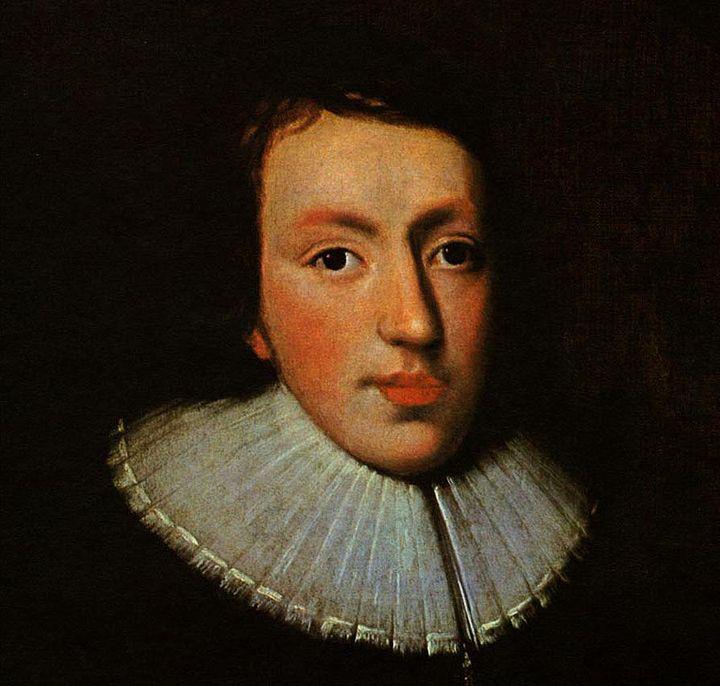
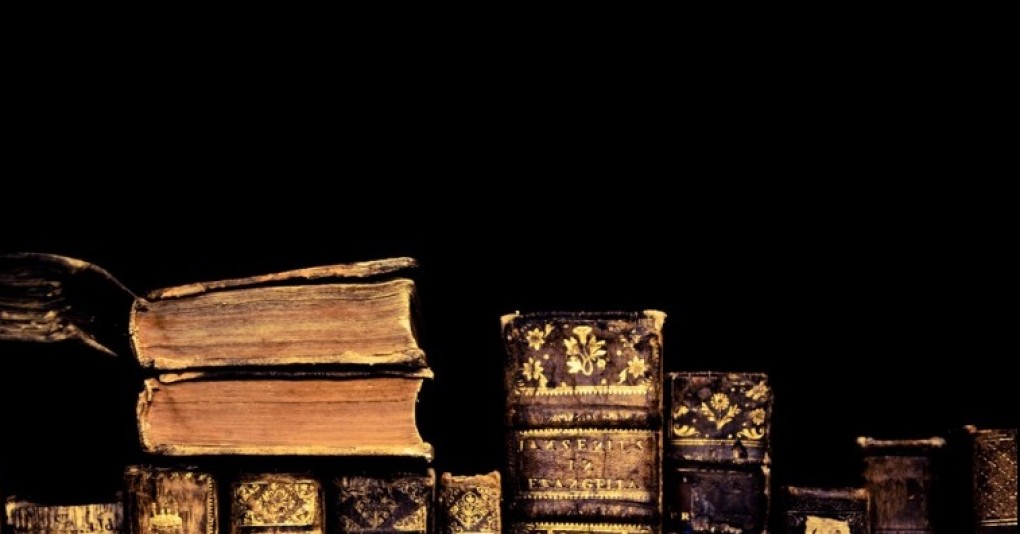



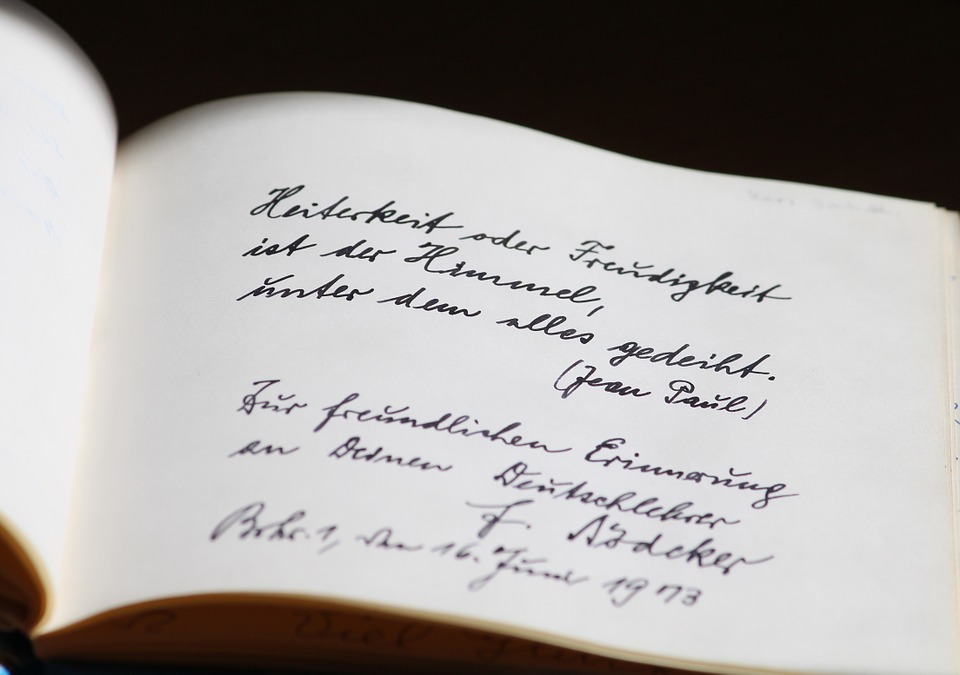
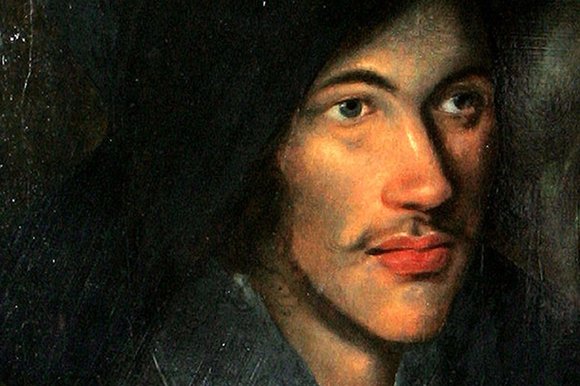
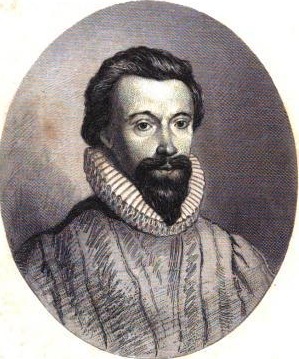





John Donne is indeed the architect of metaphysical poetry and his poems cut across time as they touch the most salient issues if the day- Sin,salvation, redemption,heaven and hell.thought -provoking as they are, any avid reader of his poems sits on edge til a full meaning is grasped.